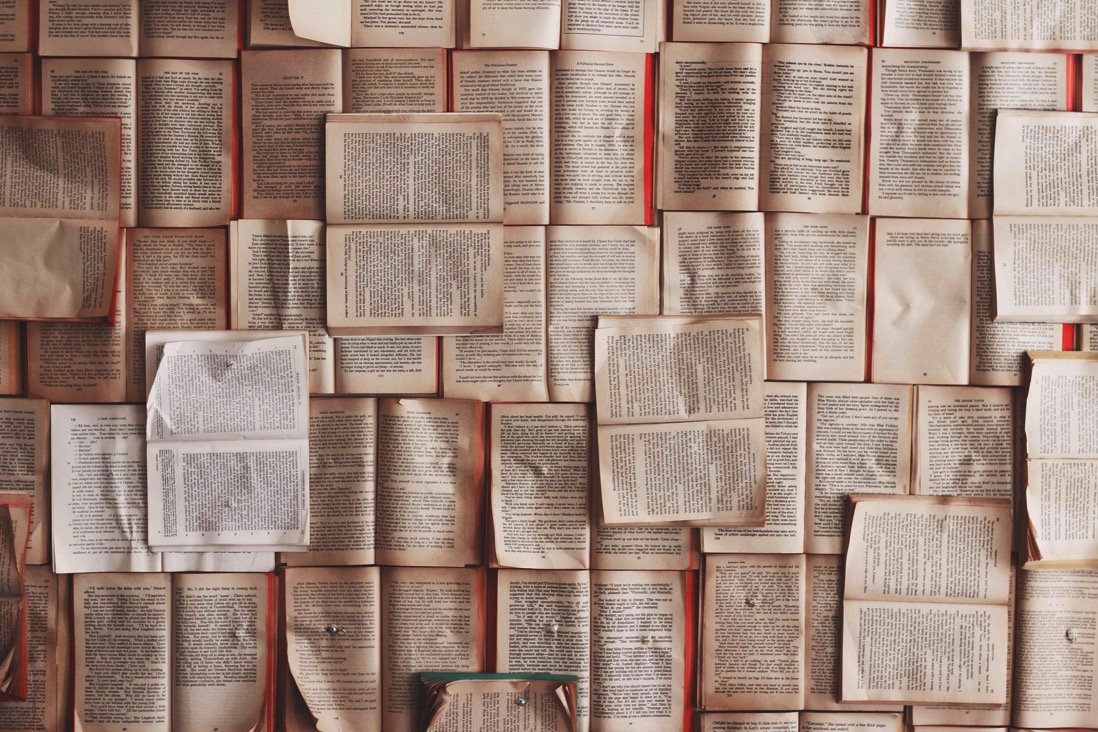Here the best books I read in 2022.
As in previous years, I’m not restricting myself to titles published this year.
A note on format: I still prefer to read books in printed form. Their analogue attributes such as the ability to mark up pages, easily flip through chapters, and consult front and back matter at a glance just can’t be replicated in electronic form.
Physical books, unlike e-readers or smartphones, don’t run out of batteries, can easily survive a rainstorm, and automatically shut out distractions despite lacking Airplane Mode. So: dead trees FTW!
I do sometimes read e-books on my Kindle, though, when I can’t find a paper version of a title, or to peruse samples of books I’m considering purchasing in print.
This year I read nonfiction spanning Ukraine’s history to the economics of Big Tech to — most important — parenting!
For fiction, I read novels set in the western U.S., in Hong Kong, Italy, and even a post-apocalyptic future North America.
Nonfiction
- Emily Oster, Cribsheet: A Data-Driven Guide to Better, More Relaxed Parenting, from Birth to Preschool. Before and after our life-changing arrival earlier this year, I read a lot of parenting books. This title was one of my favorites because it draws heavily on academic research, allowing you to look up a topic at will and see what the data says.
-
Tara Haelle and Emily Willingham Ph.D., The Informed Parent: A Science-Based Resource for Your Child’s First Four Years. Similar to the Oster book. Pick a subject, find the research.
-
Kyle D. Pruett, Fatherneed: Why Father Care is as Essential as Mother Care for Your Child. A moving book with anecdotes and research showing what kids receive from their fathers, what dads get from their children, and why both need one another.
-
Alison Gopnik, Andrew N. Meltzoff, Patricia K. Kuhl, The Scientist in the Crib: Minds, Brains, And How Children Learn. Babies emerge into the world with brains that are primed by evolution to understand the world around them. They learn from parents and others much as scientists form hypotheses, run experiments, and adapt their behavior. Fascinating.
-
Jim Loehr, The Power of Story: Change Your Story, Change Your Destiny in Business and in Life . The title is a bit new-agey, but the book makes a compelling case for the importance of being clear on what your own personal story is, and why it makes sense to get that story right. By the author of “Mental Toughness Training for Sports,” a decades-old book I came across in high school, loved, and think about all the time, on and off the field.
-
Josh Chin and Liza Lin, Surveillance State: Inside China’s Quest to Launch a New Era of Social Control. A book by my WSJ colleagues that I noted in NN302. Disturbing. Deeply researched. Balanced.
-
Serhii Plokhy, The Gates of Europe: A History of Ukraine. A detailed illumination of what Ukraine and Ukrainians had already been through long before Russia launched its 2014 war in The Donbas, to say nothing of the February invasion. Shows why Putin’s claims against the Ukrainian state and Ukrainian identity are so ahistorial.
-
Jaron Lanier, Ten Arguments for Deleting Your Social Media Accounts Right Now. A 2018 book that makes the case for simply not being involved in social media at all, much less adopting a Cal-Newport-style “digital minimalism”. Just eschew the services all together, Lanier writes.
-
Shoshana Zuboff, The Age of Surveillance Capitalism: The Fight for a Human Future at the New Frontier of Power. If you follow tech, this is book that has gained so much cultural currency that you’ve got to be familiar with it. Interesting economic observations coupled with insights about tech titans’ corporate origins.
Fiction
-
Emily St. John Mandel, Station Eleven. The huge 2014 bestseller that you’ve no doubt heard of. I love post-apocalyptic tales. This one weaves through past and future, telling the stories of characters’ lives before and after a pandemic, with lovely literary flourishes and interfused with a sense of hope. I watched only a bit of the TV series and didn’t get into it. My Book Notes entry is here.
-
Willy Vlautin, Lean on Pete. A short, sad, striking tale containing some passages and imagery I don’t think I’ll ever forget. My Book Notes entry is here.
-
Thomas Harris, Hannibal: A Novel. I’d never read Harris’s The Silence of the Lambs until two years ago, and finally got around to reading this sequel, featuring the iconic Hannibal Lecter, this year. Set largely in Florence. Fantastic.
-
Paul Theroux, Kowloon Tong. A 1997 novel mainly about the lives of the privileged and insular British living in the city as the handover loomed. Contains some troubling depictions of local residents. (Thanks to pal Dan C. for the recommendation.)
-
Jason Matthews, Red Sparrow: A Novel. Spy thrillers dominated my fiction reading last year, and Matthews might be my new favorite of the genre. This book is rich in detail, beautifully paced, and the characters are vivid. (Thanks to Newley’s Notes reader Stuart H. for the recommendation.)
